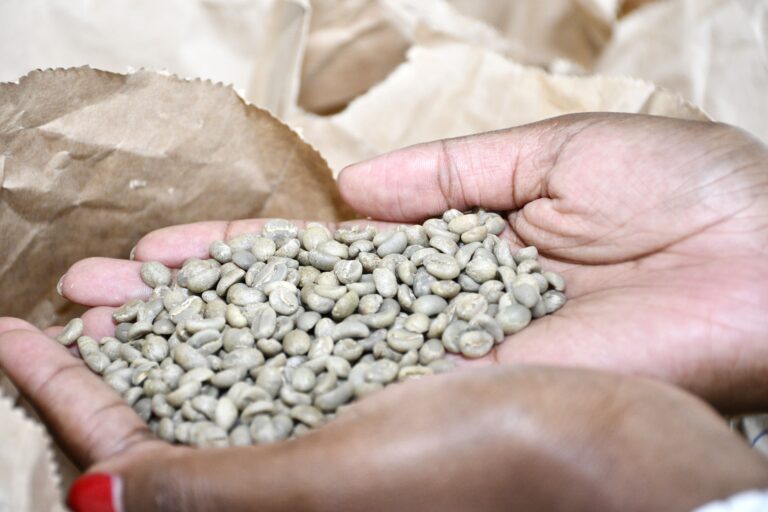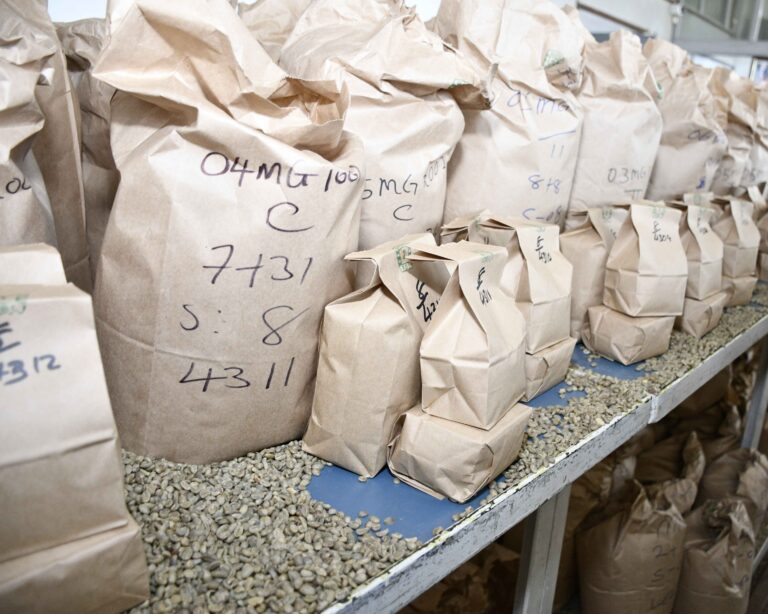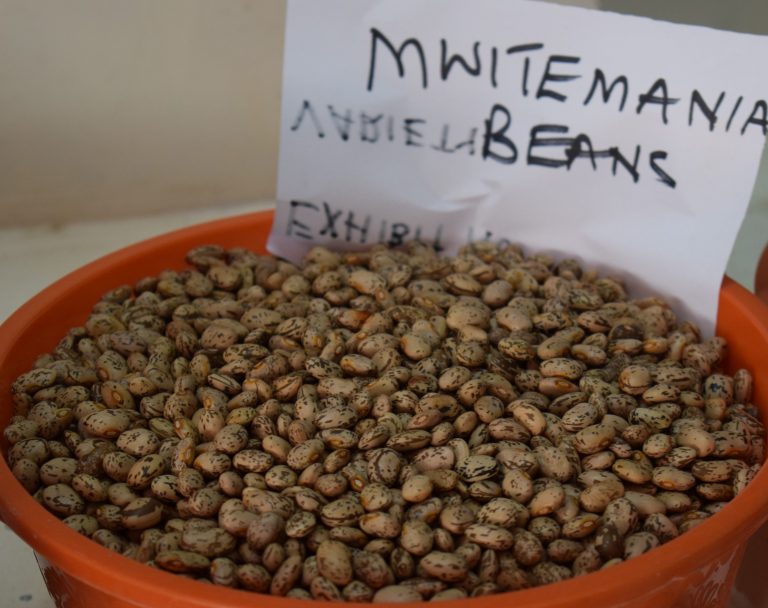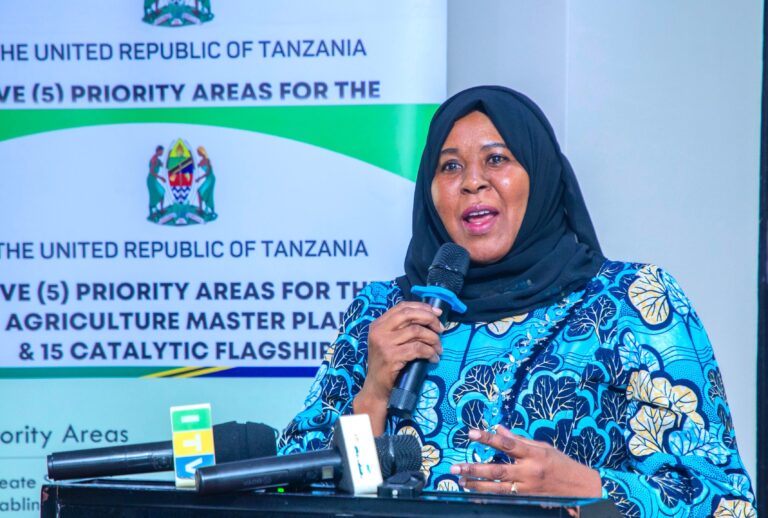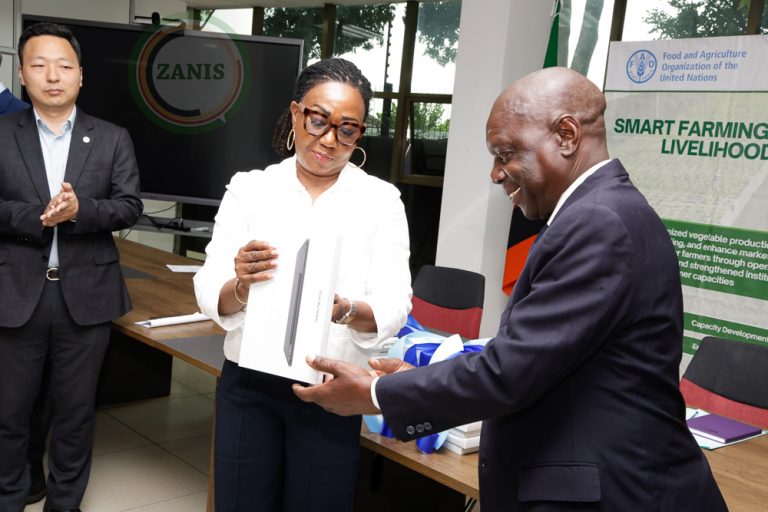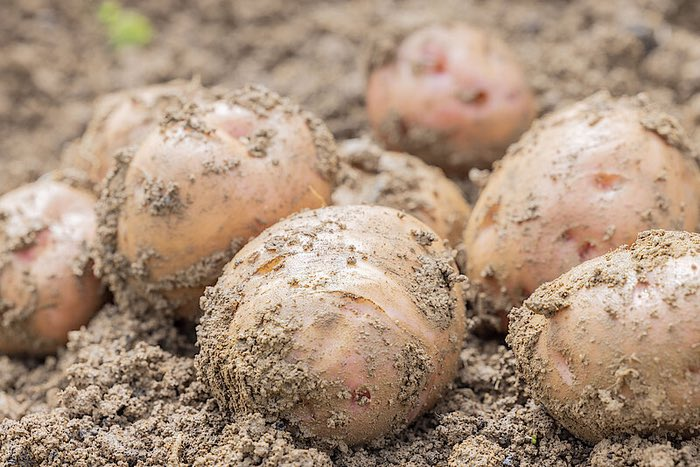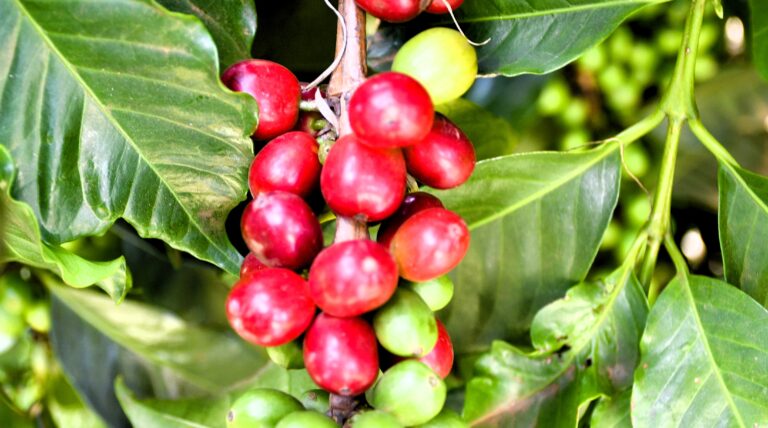Kenya is intensifying efforts to strengthen its agricultural and livestock development partnership with China through a wide-ranging investment framework targeting value chain transformation, technology transfer, and agro-industrial growth.
During high-level bilateral discussions, senior Kenyan government officials laid out a series of investment opportunities for Chinese partners, positioning Kenya as a strategic gateway to the East African Community (EAC) and a key player in meeting the region’s rising demand for food security and agricultural modernization.
Principal Secretary for Agriculture, Dr. Kipronoh Ronoh, called on Chinese investors to explore collaboration in several priority areas, including the production of bio-organic fertilizers, the establishment of value addition factories, and digital technology partnerships to modernize Kenya’s agricultural sector.
He also extended an invitation to Chinese companies to consider joint ventures in the speciality tea industry and invest in packaging solutions for tea and coffee, two of Kenya’s top agricultural exports.
Citing China’s global leadership in agricultural innovation, Dr. Ronoh proposed the establishment of an agricultural machinery assembly point in Kenya, leveraging the country’s logistical advantages as a hub within the EAC. He further highlighted opportunities in agro-processing, particularly in coffee, macadamia nuts, and soybeans.

The Principal Secretary invited Chinese stakeholders to participate in a major agricultural investment conference set for October 2025, underscoring the importance of Chinese technological input.
Dr. Dennis Onkundi, Deputy Director of Livestock Development, emphasized the potential for Chinese involvement in both the dairy and beef value chains.
In the dairy sector, he pointed to opportunities in technology transfer, diagnostics development, and residue testing, which could significantly improve productivity and enhance food safety.
Turning to the beef sector, Dr. Onkundi noted that Kenya, already a key exporter of beef, mutton, and chevon to Middle Eastern markets, is looking for Chinese investment to support large-scale beef production through the government’s land commercialization initiative.
He also identified pig production as a promising area for Chinese involvement, referencing China’s expertise in the sector. Currently, Kenya relies on imports of pig meat cuts from Brazil to satisfy domestic demand.
Dr. Onkundi also highlighted the untapped potential in poultry farming. “Kenya can become a major exporter of eggs and poultry meat. What we need is mechanization and technology to scale production and enhance value addition,” he said.
The Kenyan delegation stressed the importance of long-term cooperation in areas such as technology transfer, irrigation systems, and collaborative agricultural research. In response, the Chinese delegation requested that Kenya send a team of agricultural researchers to China to explore further areas for cooperation and knowledge sharing.
As Kenya and China look to deepen bilateral engagement in the agriculture and livestock sectors, the proposed partnership offers mutual benefits, enhancing Kenya’s agricultural output and export potential while granting Chinese investors access to a dynamic and growing East African market.



